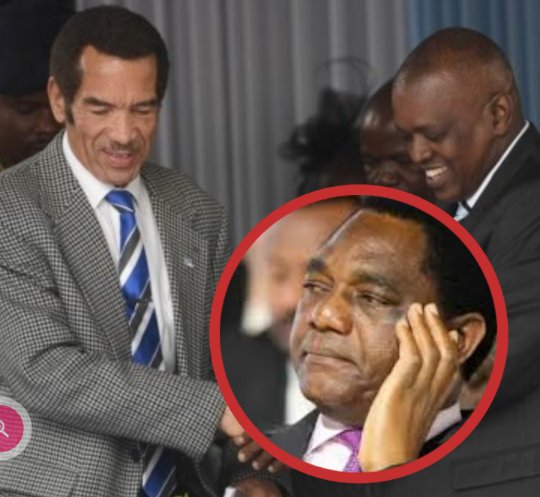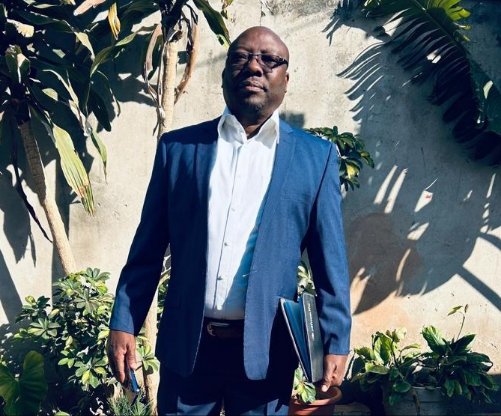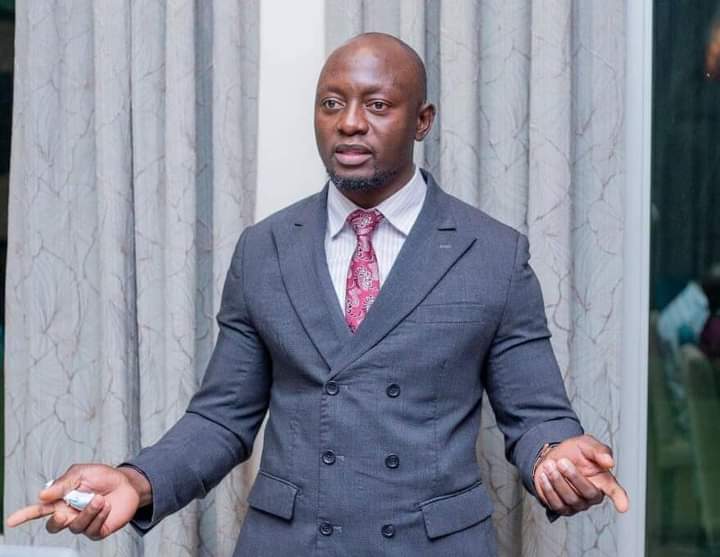
Masisi’s defeat, driven by his focus on vindictive politics over addressing economic and employment issues, stands as a warning to Zambia’s Hichilema: neglecting the real needs of the people in favour of political grudges risks nothing but a humiliating downfall.
By Mpandashalo Mwewa.
Lusaka, Nov. 1 – In a dramatic twist that has sent shockwaves across Southern Africa, Botswana’s President Mokgweetsi Masisi finds himself on the losing end of a political storm. The Botswana Democratic Party (BDP), which has ruled the country for nearly six decades, has suffered a historic defeat, leaving Masisi to face the reality that voters won’t forgive leaders who pursue personal vendettas over national progress. With each ballot counted, the message from Botswana’s electorate rings louder: politics without purpose is no longer acceptable.
Also Read: Resetting Zambia’s Political Compass: Dr. Chitalu Chilufya’s Bold Call for Unity and Development! Dr. Chilufya’s call to reset our politics and recalibrate the national agenda toward service delivery and poverty eradication through dialogue and unity deserves full support to foster national development.
As the dust settles, it’s clear the winds of change were stirred by a youth population hungry for jobs, a fair wage, and a future. But Masisi, focused on unrelenting attacks against his predecessor, Ian Khama, seemed deaf to these cries. Charging Khama with a staggering array of petty offenses, from unlawful possession of firearms to money laundering, Masisi’s approach was unmistakable – he would rather chase ghosts of past presidencies than address the present’s pressing issues.
Meanwhile, opposition leader Duma Boko, backed by the Umbrella for Democratic Change (UDC) coalition, sensed the pulse of the people. Campaigning on promises of a raised minimum wage and enhanced social grants, Boko connected with Botswana’s youth, sparking hope that a new chapter of opportunity could finally be written. This connection proved decisive; as ballots tipped heavily in favour of the UDC, it was clear that Masisi’s politics of persecution had fallen flat against the allure of economic promise.
Analysts like Zaynab Hoosen at Pangea-Risk are already calling this election an alarm bell for Southern Africa. “Botswana’s outcome should serve as a warning that politics devoid of economic progress and opportunities will result in humiliating losses,” Hoosen noted. With her words, a clear message is sent to political strongholds in the region: prioritize your people, or prepare to pack your bags.
The lessons from Botswana are as relevant to Zambia as they are undeniable. In Lusaka, President Hakainde Hichilema, who rode a wave of youthful hope to power, may find himself teetering on the same precipice as Masisi. Zambia’s youth, the very demographic that swept Hichilema into office with over a million-vote majority, are now left disillusioned by his perceived lack of action on job creation, economic relief, and social advancement. What started as a symphony of change has faded into a monotonous echo of blame directed at the former regime.
Instead of delivering the promises that inspired a generation to turn out en masse, Hichilema’s administration appears more preoccupied with investigating and prosecuting former President Edgar Lungu and his family than with tackling Zambia’s mounting socio – economic issues. For a Zambian youth, struggling under the weight of unemployment and rising costs, each new accusation against the former first family raises the question: how does this improve my future?
Also Read: Edgar Lungu’s Battle for Justice: What to Expect from the Constitutional Court! As Edgar Lungu’s legal team prepares to defend the Constitutional Court’s previous ruling on presidential terms, today’s proceedings could reshape Zambia’s political landscape and test the integrity of its democratic institutions.
As Masisi reflects on his party’s fall from grace, his plight stands as a mirror for Zambia’s Hichilema. Pursuing past grievances while ignoring the present’s needs may bring fleeting satisfaction, but it cannot mask the urgent calls for progress. From Gaborone to Lusaka, the era of empty promises and vindictive politics is swiftly closing. In its place, a new demand arises: tangible action, real results, and leaders who remember the pledges that put them in power.
About The Author: Mpandashalo Mwewa, currently the Chief Editor at Woodpecker’s Digest, formerly held the same role at Zambia Reports. Known for championing Pan-African education reforms with a focus on critical thinking, he employs journalism to instigate social transformation.
About Our Advocacy: Woodpecker’s Digest provides in-depth analyses and commentary on issues of national importance, alongside articles on personal development and health. We believe journalism can be a force for socio-economic change.
©2024 Woodpecker’s Digest.
Putting news into perspective







